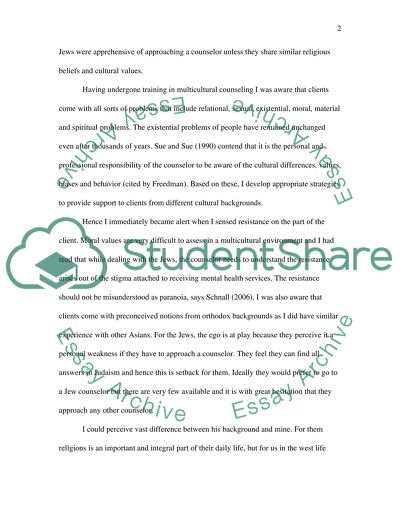Cite this document
(“Cultural Diversity in Any Nation is Constantly Increasing Essay”, n.d.)
Retrieved de https://studentshare.org/sociology/1541860-multicultural-counseling
Retrieved de https://studentshare.org/sociology/1541860-multicultural-counseling
(Cultural Diversity in Any Nation Is Constantly Increasing Essay)
https://studentshare.org/sociology/1541860-multicultural-counseling.
https://studentshare.org/sociology/1541860-multicultural-counseling.
“Cultural Diversity in Any Nation Is Constantly Increasing Essay”, n.d. https://studentshare.org/sociology/1541860-multicultural-counseling.


